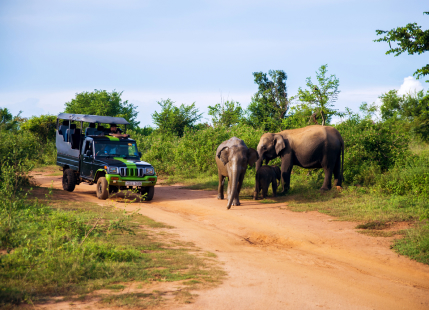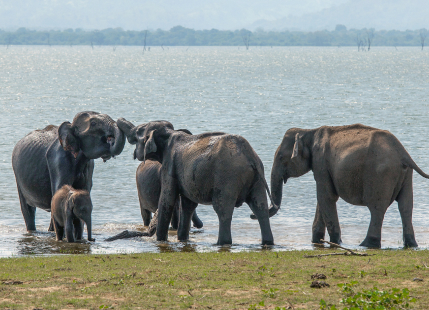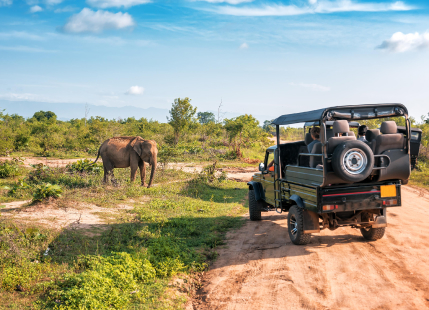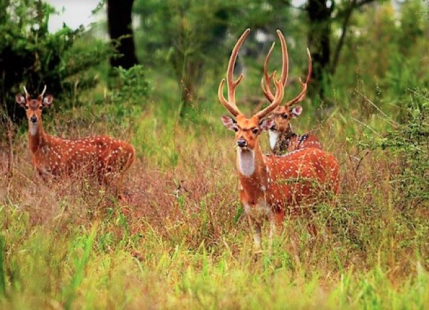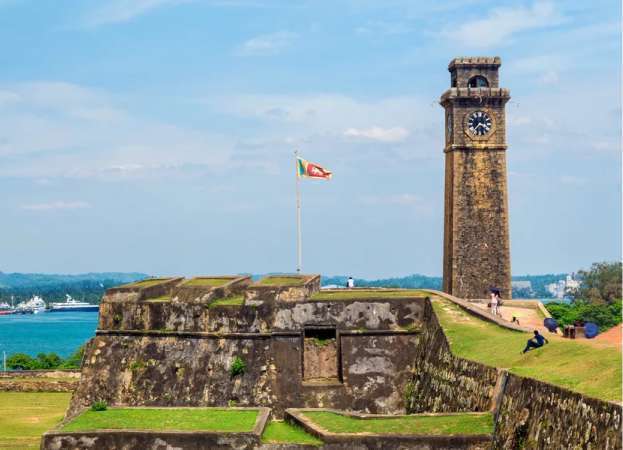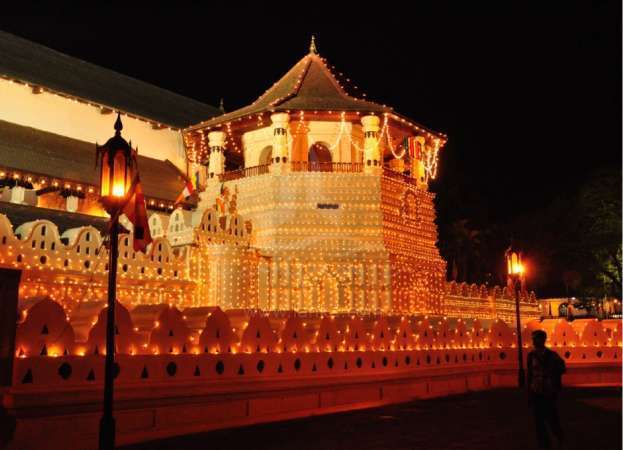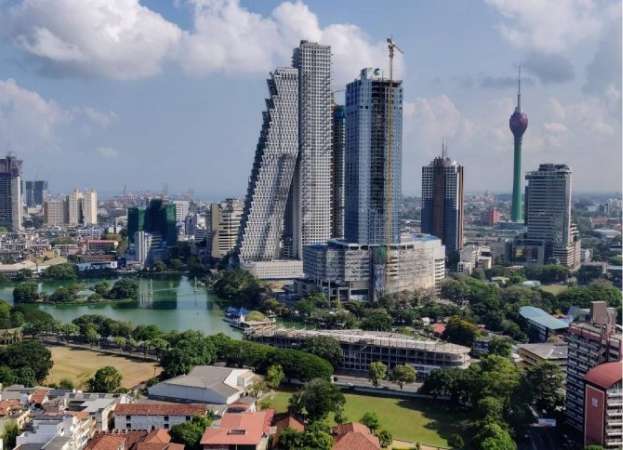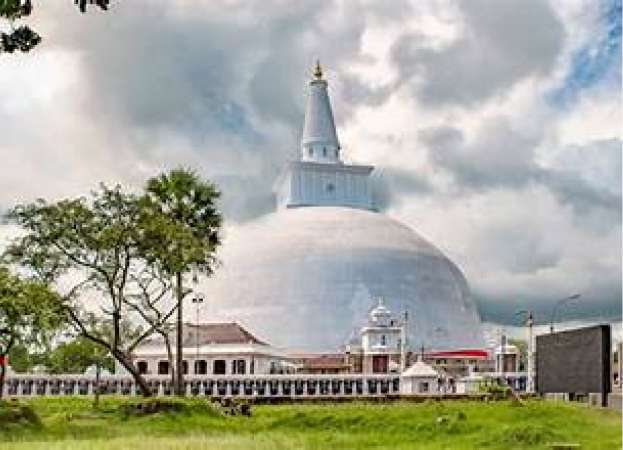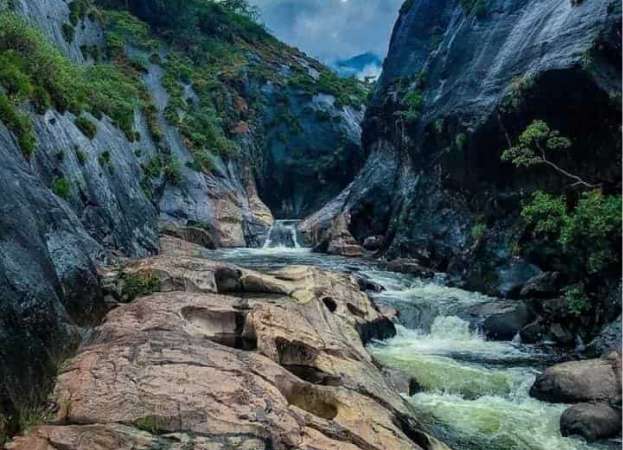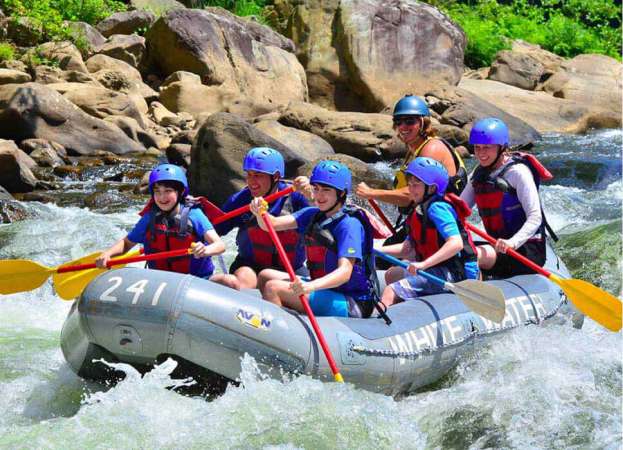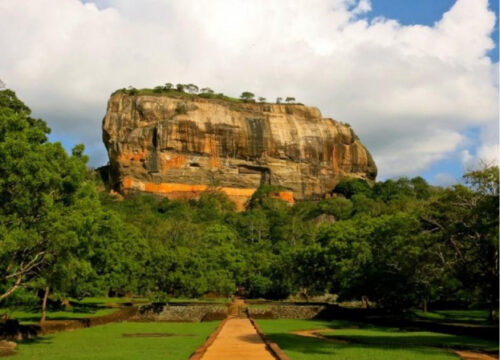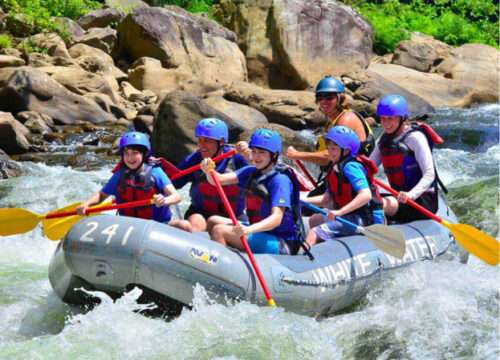Discover Sri Lanka in a Day
Udawalawe Day Tour
Explore Tours
Embark on an adventure to Monaragala in Sri Lanka’s Uva Province, where the Udawalawe National Park awaits. As the third most visited park in the country, it offers a captivating blend of wildlife and lush landscapes. On your Udawalawe Jeep Safari, you’ll encounter majestic herds of elephants, buffalos, deer, and the elusive leopards, all set against the backdrop of the central Udawalawe reservoir. This diverse habitat, mirroring the great East African parks, is home to 12 species of amphibians, 33 reptiles, 43 mammals, 21 fish, and an incredible 184 bird species, making it a must-see for nature enthusiasts.
Included/Exclude
- Transport in a Private luxury CAR/VAN with services of an English speaking driver guide throughout the stay with sight seeing
- Snack & water bottle for Refreshment
- Parking fees
- High way fees(Arrival and Departure
- Arrival / Departure transfers
- Government taxes
- Airport pick up
- Assistance at the airport
- Fuel/ Driver Bata/ Local insurance for the vehicle
- Accommodation and Meals
- Extras of a personal nature such as liquor, laundry etc
- Entrance fees to places of sightseeing (could be paid directly at each site)
- Tips and porter-age
- International air fares and visa fees
Tour Amenities
Places You Will Visit
Udawalawe National Park, established in 1972, was initially created as a refuge for wildlife displaced by the construction of the Uda Walawe Reservoir on the Walawa River. Spanning 31,000 hectares, this park has become a thriving sanctuary for a diverse range of flora, fauna, and bird species. It’s not just a popular destination for tourists but also a beloved spot for locals, offering a glimpse into the rich biodiversity of Sri Lanka.
The Elephant Transit Home is a bustling sanctuary dedicated to the care of orphaned elephant calves. Here, the young elephants are fed every three hours, a routine that continues year-round. This establishment plays a crucial role in nurturing these calves until they are strong and independent enough to be released back into the wild, where they can thrive on their own.

